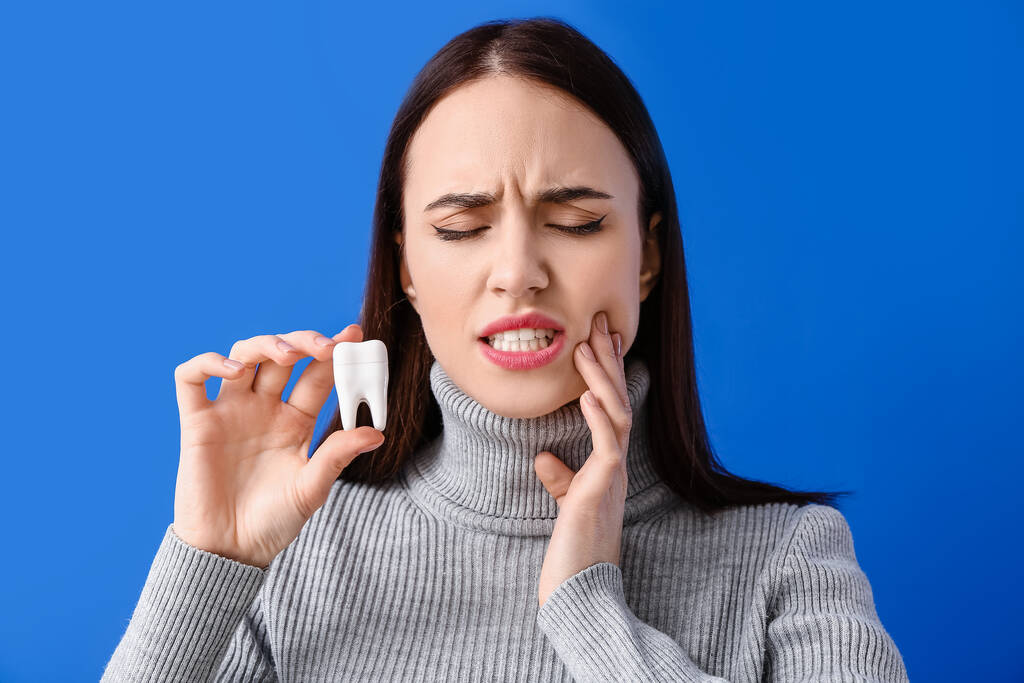Wisdom teeth are the third molars in the back of your mouth. They typically erupt (or come in) in your late teens or early twenties. Sometimes, however, wisdom teeth don’t have enough room to come in properly and become impacted. Impacted wisdom teeth can cause pain, crowding, and infection. Visit the link for wisdom tooth removal info.

What Are The Signs That You Need Your Wisdom Teeth Pulled?
Wisdom teeth can be a real pain—literally. They can cause your other teeth to shift, crowd your mouth, and even lead to infections. If you’re experiencing any of the following issues, it might be time to see a dentist about getting your wisdom teeth pulled.
You have pain in your back teeth – If you’re experiencing pain in your back teeth, it could be a sign that your wisdom teeth are coming in. As your wisdom teeth start to come in, they can push on your other teeth and cause them to shift. This can lead to pain, discomfort, and even tooth decay.
You have problems biting or chewing – If your wisdom teeth are coming in, they can crowd your mouth and make it difficult to bite or chew. This can be especially problematic if you have existing dental problems, such as crooked teeth.
You have an infection – If your wisdom teeth are coming in, they can cause an infection in the gum tissue around them. This can lead to swelling, redness, and pain. If the infection is severe, it can even spread to other parts of your body.
You have a cyst – A cyst is a fluid-filled sac that can form around your wisdom teeth. If left untreated, a cyst can damage your jawbone and other teeth.
You have jaw pain – If your wisdom teeth are coming in, they can cause your jaw to ache. This is because your wisdom teeth can put pressure on your jawbone, which can lead to pain and discomfort.
If you’re experiencing any of these problems, it’s important to see a dentist as soon as possible. They will be able to assess your individual situation and recommend the best course of action.
What is the Wisdom Teeth Removal Process Like?
The wisdom teeth removal process is a fairly simple one that is usually performed by an oral surgeon. The first step is to take x-rays of the mouth in order to determine the position of the wisdom teeth. Once this has been determined, the surgeon will numb the area around the tooth with a local anesthetic.
Next, the surgeon will make an incision in the gum tissue in order to expose the wisdom tooth. Once the tooth has been exposed, the surgeon will use a special tool to remove the tooth. In some cases, the wisdom tooth may need to be cut into smaller pieces in order to be removed.
After the wisdom tooth has been removed, the incision in the gum tissue will be closed with sutures. The entire process usually takes about an hour to complete. Here’s some info about gum tissue graft surgery.
Some people may experience some discomfort and swelling after the procedure, but this is usually controlled with pain medication. It is important to follow the surgeon’s instructions for care after the procedure in order to ensure proper healing.
Wisdom Teeth Removal Aftercare: Tips for a Speedy Recovery
Having your wisdom teeth removed can be a daunting experience. But it doesn’t have to be. With a little preparation and know-how, you can make your wisdom teeth removal aftercare a breeze. Here are a few tips for a speedy recovery:
- Get plenty of rest. This is probably the most important thing you can do for a speedy recovery. Your body needs time to heal, so don’t overdo it. Take it easy for the first few days and get plenty of rest.
- Eat soft foods. Wisdom teeth removal can leave your mouth feeling sore and tender. To help ease the discomfort, stick to soft foods like soup, mashed potatoes, and yogurt. Avoid hard foods, crunchy foods, and anything else that might irritate your mouth.
- Take your pain medication. You’ll likely be prescribed pain medication to help ease the discomfort after your surgery. Be sure to take it as directed.
- Rinse with salt water. To help keep your mouth clean and free of infection, rinse with salt water several times a day. Just mix 1 teaspoon of salt with 8 ounces of warm water and swish it around in your mouth for 30 seconds.
- Brush your teeth gently. You can start brushing your teeth the day after your surgery, but be sure to do it gently. Avoid the surgical area and be careful not to irritate your gums.
- Use ice packs. To help reduce swelling, apply ice packs to your face for the first few days after surgery.
- Keep your head elevated. When you’re lying down, be sure to keep your head elevated on a pillow. This will help reduce swelling.
- Avoid smoking. Smoking can delay your healing process, so it’s best to avoid it altogether.
- Drink plenty of fluids. It’s important to stay hydrated after your surgery. Drink plenty of fluids, especially water, to help your body heal.
Follow your dentist’s instructions. Be sure to follow your dentist’s instructions for wisdom teeth removal aftercare. If you have any questions, don’t hesitate to ask.
Back to top: Signs You Need Your Wisdom Teeth Pulled